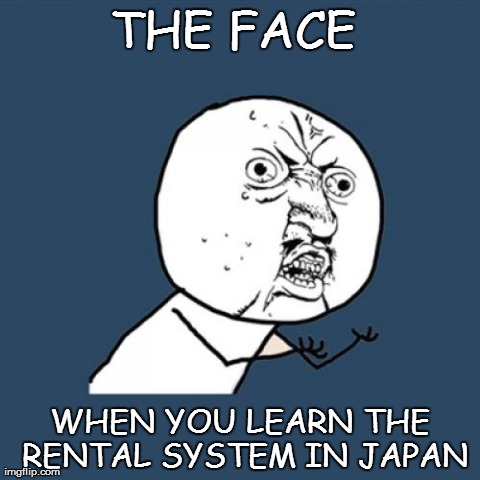 |
| credit: http://www.oocities.org/honey-pig/Dora_Postcards.html |
Living abroad, away from the familiar and the comfortable tested my character and values. I learned more about myself than all the other years in my life combined.
I learned that...
1. I'm better than I expected.
Coming here to Japan made me discover things about myself. I'm not as shy as I think I was. I've discovered how sociable and tolerant I can be. I'm not a bad cook as I thought I was. I can actually rustle a great meal for friends, especially. I'm not as dependent of others as I thought I was. I can be happy living alone, going places alone, eating alone and even watching a movie alone. I can do things on my own and find enjoyment in it! My job uncovered a creative side I never thought I have. I'm more faithful to my boyfriend than I thought I was. Distance did not diminish how I feel for him but it just made the heart grew fonder. And I realized that I know more about the world than I thought. I have more common sense than I thought.
2. Money is not as important as I think it was.
Money is my main reason for coming here. I'm earning 5 times (or more) than I what I used to earn in the Philippines. I thought I could do this job for a long time for the money but I don't think my soul will thrive. Being an ALT is fun for a time but I don't think I'm supposed to this forever. There is more out there. Maybe not more for my pocket but more for my heart and soul. After this year, I'm ready to face the MORE for my heart and soul. Money is important but it can't buy a lot of things.
3. Home can be anywhere in the world.
When I first came to Japan, I'd consider the Philippines as my home. My family is there. My boyfriend is there. My friends are there. My life is there. Or so I thought. But when I visited in March last year, I also missed my friends here. I also look forward to going back, it's crazy. Japan is my home too. You know the saying, "Home is where the of heart is,"? Well, a part of my heart is in the Philippines and the other part in Japan. Where I am loved, I think that is home. I am loved in the Philippines and I am loved in Japan.
4. God provides. Always.
If somebody asked me the greatest experience I have living in Japan, I'd say that it pushed me closer to God. It made me see how His grace and favor in my life. It made me feel loved more than ever. Just when I decided to go abroad, Japan suddenly opened its doors to Filipino English teachers. I roamed around Japan in my first three months because of work but leisure was also included. All my travel expenses were paid. This is not common for ALT's. I was eventually assigned in a nice place- not as big as Tokyo to be expensive but not as rural as other places for me to be lonely. God even surrounded me with a real nice group of friends who love to travel and who want to grow in faith.
Not only God provided me with my tangible needs but He has given me immeasurable things. He has given me creativity to do my job well. I can't believe how I was able to conceive the classroom activities I do here. He has comforted me in times of loneliness. He has allowed me to help others. He strengthened me in my sickness. (God knows how many times I complained about my back). He guarded my heart from temptations. He has given me that peace that I'll survive Japan. I'm surviving life here in Japan because of His faithfulness.
Knowing that God provides for ALL I need is empowering. It helped me realize how He led me into this country and how I need not be afraid to also go. God's provision is not only limited to Japan. Wherever I am, God will provide my needs like He always did. I'm not anymore scared to give up the comfortable lifestyle I got used to here. Living and working in Japan has been great but it's also just another season of my life that I should learn to slowly let go.
As I usher in my 3rd and last year in this place, my heart is expectant that this is going to be the best year of my life in Japan. I'm two years wiser and two years better!



